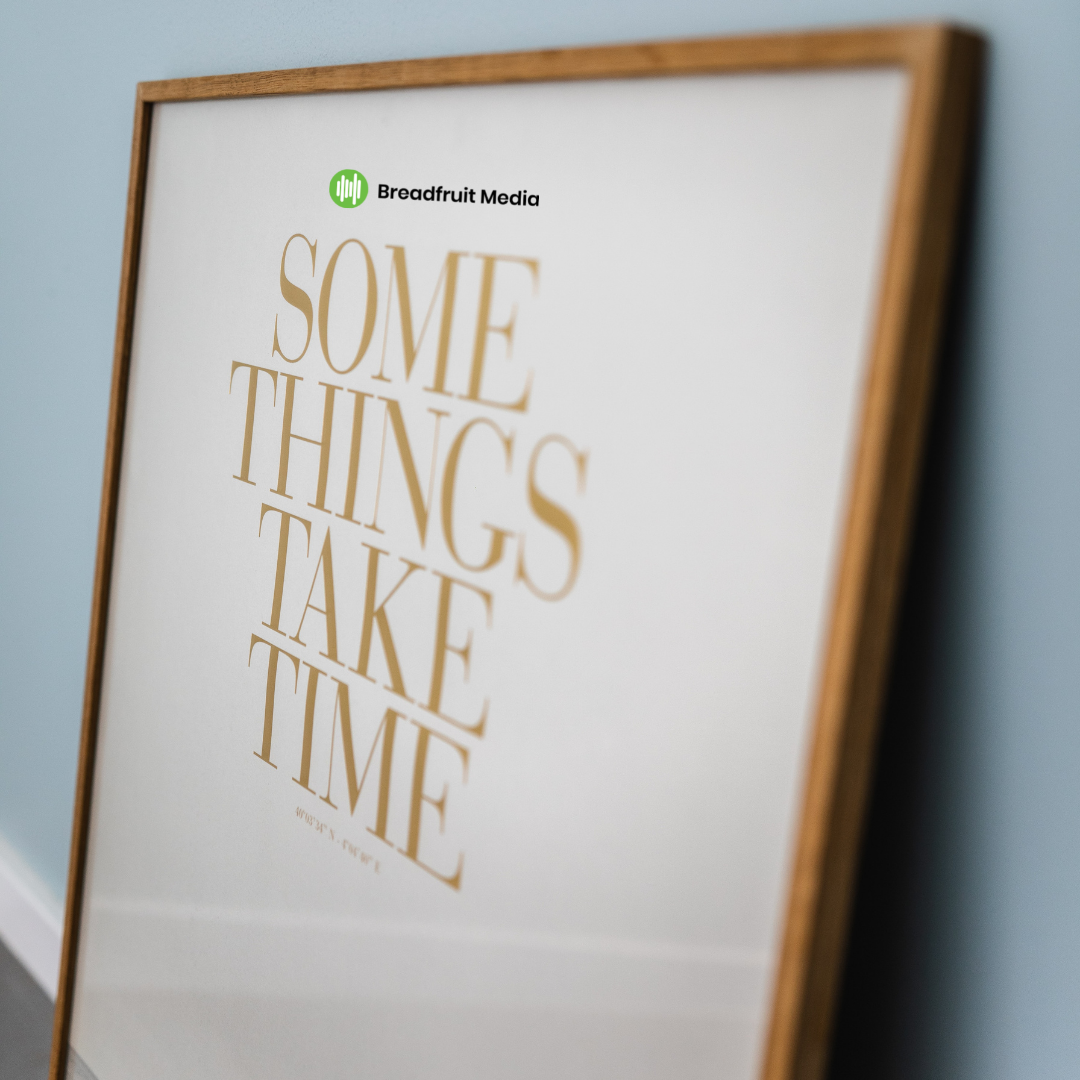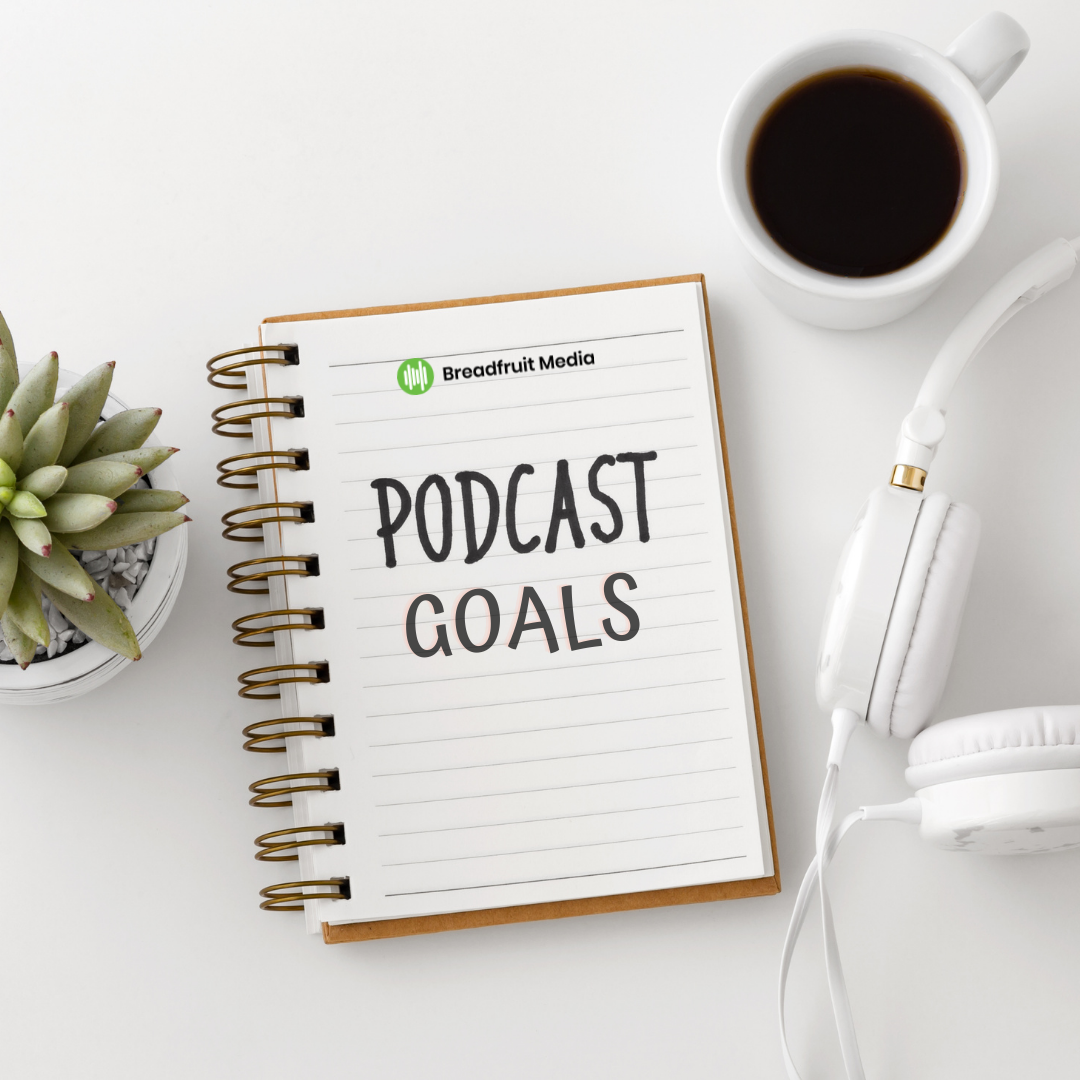One of the main strategies to increase your visibility is to secure guest interviews on other podcasts.
As the medium grows, a guest appearance on another podcast is a great opportunity to:
- Reach podcast listeners who haven’t discovered you or your show yet.
- Establish yourself as an expert or thought leader.
When you are a guest on another podcast, you get an opportunity to speak to new podcast listeners in your target audience. Most importantly, because these listeners are already listening to podcasts, it could increase the likelihood of them listening to your podcast.
So how do you get on a podcast as a guest?
You can send an email pitch to a podcast host of a show you’re interested in or you can join a podcast booking platform.
Podcast booking platforms like PodMatch are quickly becoming a way for podcasters to find guests for their shows while also pitching themselves to be a guest on podcasts.
How do you pick the right podcast to pitch to?
Whether you are sending cold pitch emails or signing up for a podcast booking platform you want to do your research. What types of guests are typically on the podcast? What topics do they cover? What value can I bring to the host and their audience?
I have gotten testimonials from podcasters who said that they had more visibility and opportunities come to them because they were a guest on the right podcast. Note it wasn’t necessarily a large podcast but the show and it’s topic was aligned with their identity and the work they were doing.
So in addition to research, a clear pitch is also key. There are 3 main parts to your pitch: first the introduction & background. Then the topic suggestion and why the topic is important and why you’d be a great guest to discuss it. And finally your closing, where you can be reached and when you’ll follow up with the host.
An alternative tool is a speaker one sheet. Unlike a pitch, the speaker one sheet only list the speaking topics. Here’s a great example of how to create one.
What’s best for you
Don’t expect an immediate response to your pitch because people are very busy. The key is to be realistic in how quickly you will follow up with the host.
In summary, my clients have had success with finding guests and being guests on podcasts using a mix of direct email and signing up for podcast booking platforms. The strategy is largely dependent on your overall goals.





